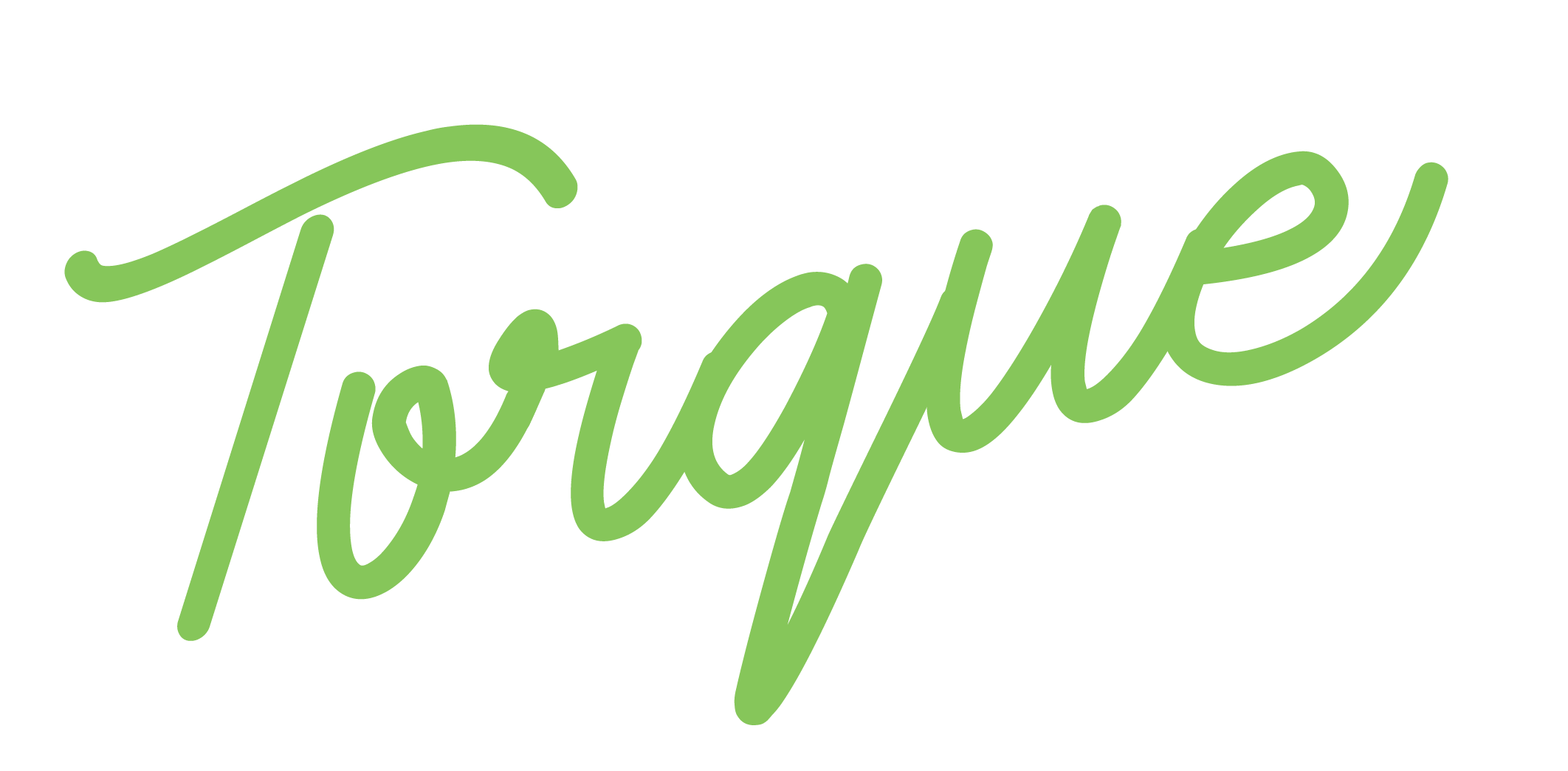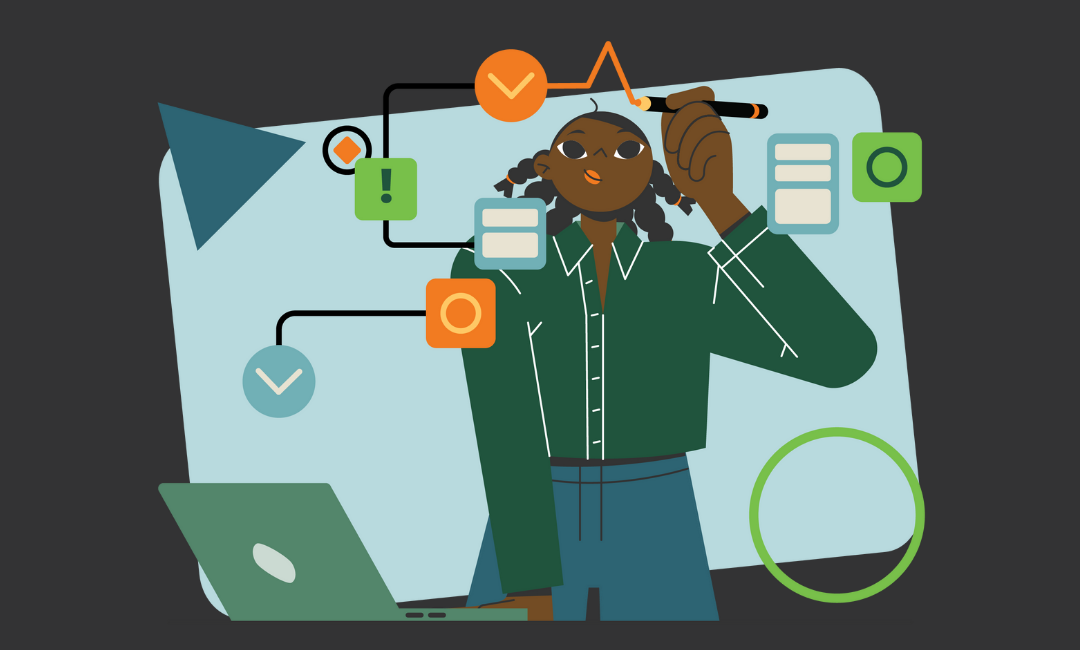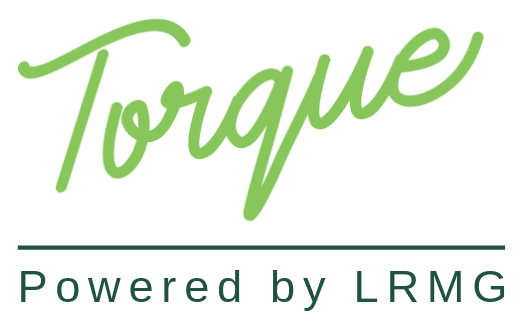
Tailor-made EX: Prioritise Personalisation and the Power of Flexibility
Jul 14
/
Vivienne Bezuidenhout

The term "new normal" was popularised in 2020 as we adopted fresh approaches to juggling work and life during the chaos. Three years on, we’re still defining what this looks like in the workplace and reimagining the lived experience as our needs change.
While some companies are returning to their pre-COVID states, others have remained remote-first as employers are increasingly recognising the value of offering flexible work options to their employees. Having grown accustomed to the new normal of working from home, many employees prefer to balance their personal and professional lives as part of a flexible working arrangement.
Flexing flexi-work
Flexible work arrangements look different for every company, including options like telecommuting, flexible work time, compressed workweeks, or part-time work. The primary goal is to provide your employees with greater autonomy and control over when, where, and how they work, while still meeting their work obligations – a win-win solution for everyone. By allowing them to adapt their schedules to accommodate personal commitments and responsibilities, you’ll demonstrate a commitment to the overall well-being of your workforce through reduced stress levels and an increased sense of fulfilment, leading to higher job satisfaction.
Improved productivity
A survey by Airtasker found that flexible workers, on average, work 1.4 days more every month than traditional office workers. That’s 16.8 more days per year! In having the flexibility to customise their work environments, your people can focus better, minimise distractions (if they don’t have pets or children), and capitalise on their peak performance hours. For remote workers, the benefit of time saved on commuting can be channelled into work-related tasks, resulting in higher productivity and efficiency.
Enhanced EX
Flexible work arrangements can promote a greater sense of trust and autonomy as people are given the freedom to manage their own schedules. In this way, they are more likely to feel empowered and motivated, which encourages employees to go above and beyond their duties (which is the opposite of quiet quitting). We’ve also seen that employees who have the freedom to work in environments that best suit their preferences, whether it’s a home office or a co-working space, are more able to tap into their creativity and unique talents – the sweet spot for engagement and innovation.
Attracting and retaining top talent
In a skills economy, companies can distinguish themselves as being forward-thinking and employee-centric by offering flexi-work as a benefit – giving them a competitive edge in attracting and retaining top talent. Flexible work arrangements have become a highly sought-after benefit, particularly among the millennial and Gen Z workforce. A better work experience = reduced burnout, and your people will feel more inclined to stay committed to the company for the long term.
Prioritise personalisation
Personalised work experiences do not end with flexible working arrangements. Companies are discovering that a one-size-fits-all approach is no longer relevant in our new normal, when it comes to employee benefits and work arrangements. To remain competitive, we need to understand that our people are unique, with distinct preferences and life situations.
Take the time to understand their motivations, work preferences, and aspirations to devise a tailor-made approach to offering benefits that truly matter. Some employees may value health and wellness programmes, while others prioritise professional development opportunities or family-related benefits. Listen to the voice of your employees using surveys, feedback sessions, and regular team or one-on-one conversations. By encouraging feedback and adjusting as necessary, your people will feel valued and supported.
Take the time to understand their motivations, work preferences, and aspirations to devise a tailor-made approach to offering benefits that truly matter. Some employees may value health and wellness programmes, while others prioritise professional development opportunities or family-related benefits. Listen to the voice of your employees using surveys, feedback sessions, and regular team or one-on-one conversations. By encouraging feedback and adjusting as necessary, your people will feel valued and supported.
We strongly promote persona mapping as a tool to understand the needs of your people; to design employee benefit stacks for a stand-out employee value proposition (EVP); and to build a great employee experience.
Purpose and passion
As we think about Mandela and what he stood for this month, let’s remember his commitment to being purpose-driven. Companies that prioritise personalisation and flexibility while creating growth opportunities and connecting people to their purpose will inspire passion and emerge as the employers of choice.
Provide a personalised experience and sense of belonging that goes beyond the traditional norms, and you’ll create an environment where people are excited to come to work every day (either remotely or in person) – a place where their purpose and passion align with the company’s mission.
Nelson Mandela
“Everyone can rise above their circumstances and achieve success if they are dedicated and passionate about what they do.”


